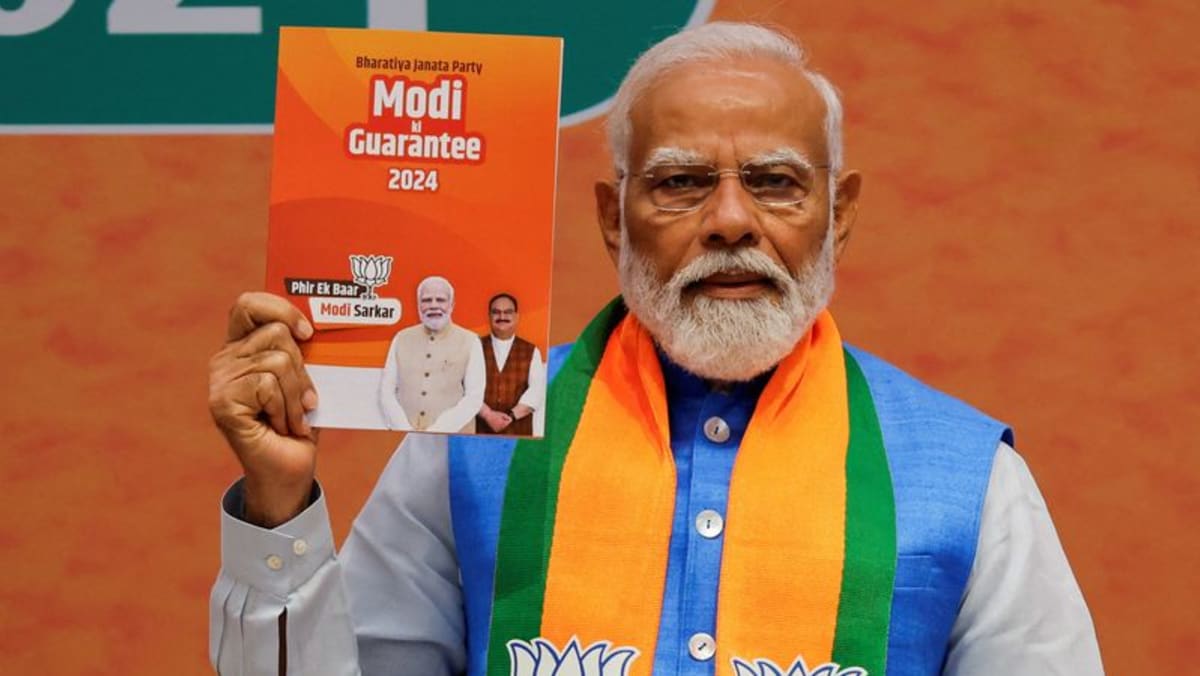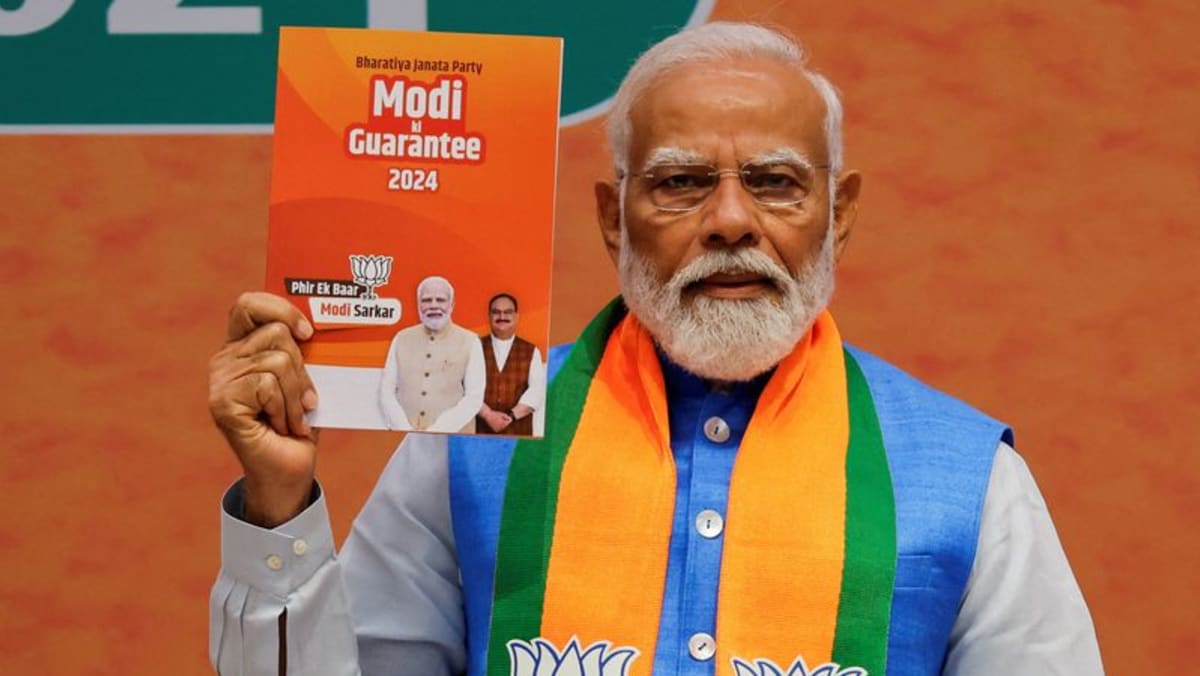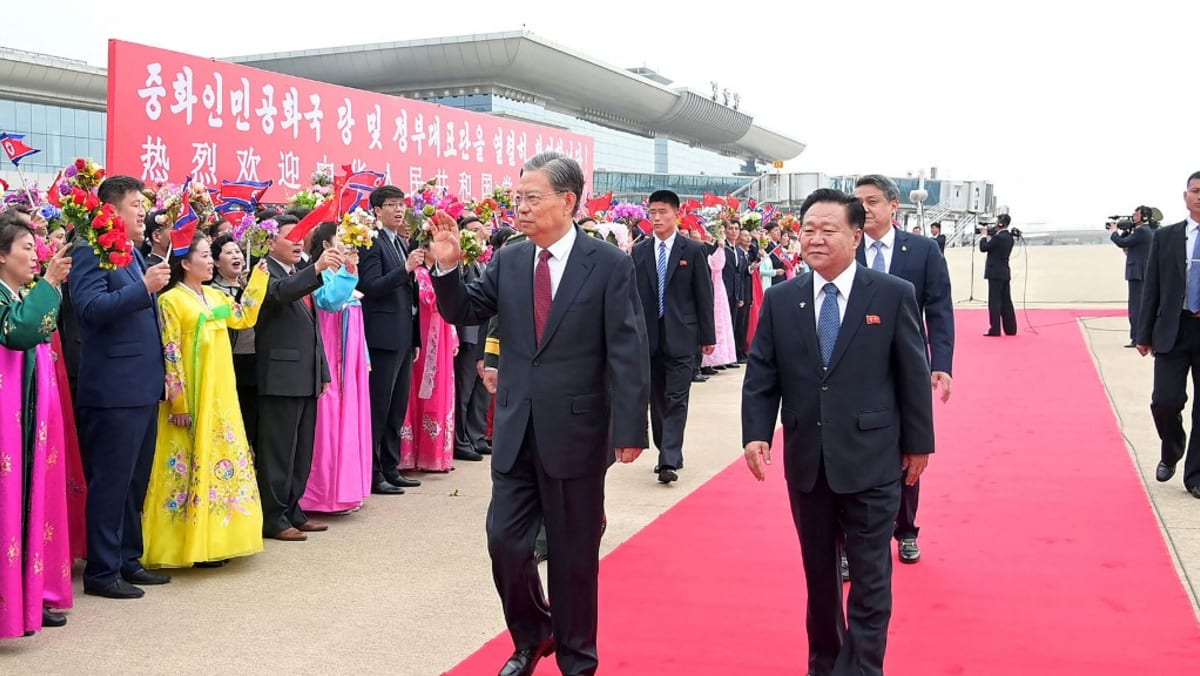Commentary: Warren Buffett’s intriguing bet on Japan

THE CURRENCY FACTOR
The foreign currency earnings of the sogo shosha, backed by hard commodities from sources around the world, set the trading groups apart from companies with revenues and costs that depend more heavily on prices in domestic markets. They create multiple ways for Buffett to profit from his investment, even if the trading companies’ vaunted plans to reinvent themselves for a world without fossil fuels do not proceed as planned.
Among the most tantalising is the fact that Buffett has bought shares in companies that earn a portion of their profits in dollars, while funding his purchase with long-term debt denominated in yen.
If the Japanese currency were to depreciate, the dollar value of Berkshire’s outstanding yen-denominated debt would fall. At the same time, the value of the sogo shosha stakes in dollar terms may not decline so much because of their foreign currency earnings. If the value of the debt falls more than the shareholdings, then Buffett could reap a profit even without much change in underlying business performance.
It is surely not Buffett’s intent to bet against the yen. And using borrowed money to buy stock in companies with significant foreign earnings is not, of course, the most practical way to do this. Set that misgiving aside, if only for a thought experiment, and you can see how a trade like Buffett’s might in theory look attractive to a very different kind of investor.
Speculators of an atavistic bent are eyeing the monetary institutions of the developed world with increasing suspicion. Gold is trading near all-time highs, and while a rupture in the systems of economic exchange may not be anyone’s base case, it lies uncomfortably close to the universe of historical possibility.
Ray Dalio, the Bridgewater founder whose investments are informed by a close reading of economic history, notices a striking pattern in the rise and fall of the “reserve currency empires” of the past 500 years.
Throughout that time, he writes, “seismic shifts always took the form of too-large debts that couldn’t be paid with real money so there was a lot of printing of money”. That, in turn, “led to big debt restructurings via writing down and monetising debt”.
Source: CNA















